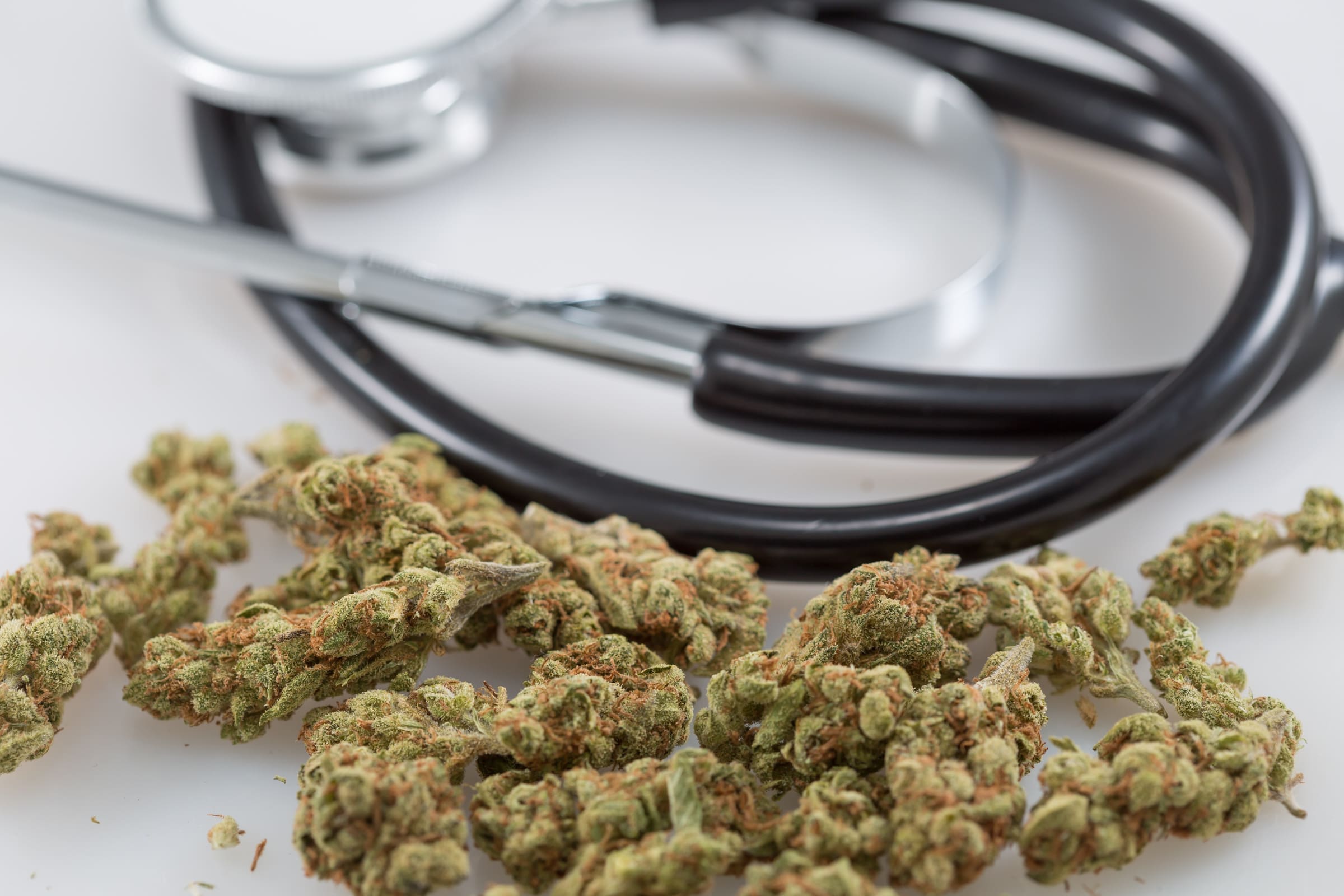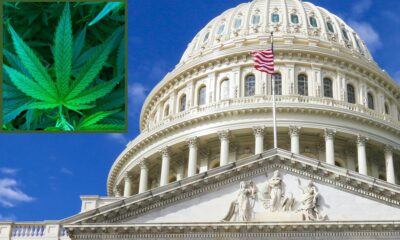Politics
Mississippi Lawmakers Float Special Session To Restore Medical Marijuana Following Supreme Court Ruling

Without a special session, the earliest that the Legislature could enact a medical marijuana program would be in January when the 2022 session begins.
By Bobby Harrison and Geoff Pender, Mississippi Today
A special legislative session is being discussed by political leaders in the wake of last week’s explosive ruling by the Mississippi Supreme Court striking down both the state’s new medical marijuana program and the entire initiative process where citizens can gather signatures to place issues on the ballot for voters to decide.
Sources close to the issue said that lawmakers have broached the issue of a special session with Gov. Tate Reeves’s (R) office.
Without a special session, the earliest that the Legislature could enact a medical marijuana program would be in January when the 2022 session begins. And it would take even longer to re-instate the initiative process since it would require a two-thirds vote of both chambers of the Legislature and then approval by voters presumably during the November 2022 general election.
During a special session, legislators could have an opportunity to create a medical marijuana program and perhaps to fix the language in the state’s initiative process that resulted in last week’s Supreme Court ruling.
House Speaker Philip Gunn (R) says he supports Reeves calling a special session to allow legislators to reinstate the state’s initiative process.
“We 100% believe in the right of the people to use the initiative and referendum process to express their views on public policy,” Gunn said in a statement. “If the legislature does not act on an issue that the people of Mississippi want, then the people need a mechanism to change the law. I support the governor calling us into a special session to protect this important right of the people.”
Efforts to garner comments from Reeves and Lt. Gov Delbert Hosemann (R), who presides over the Senate, have been unsuccessful thus far. On the day of the Supreme Court ruling, Bailey Martin, a spokesperson for Reeves, told the Daily Journal in Tupelo, “Like most Mississippians, Gov. Reeves is interested and intrigued by the Supreme Court’s decision on the recent ballot initiative. He and his team are currently digesting the Court’s 58-page opinion and will make further comment once that analysis is complete.”
Senate President Pro Tem Dean Kirby, (R), said he has not heard discussions about a special session, but said, “I would not be opposed to a special session” to take up the issue of medical marijuana. He pointed out the Senate passed a bill earlier this year in the 2021 session that would have put in place a medical marijuana program if the Supreme Court struck down the medical marijuana initiative. The House did not take up the Senate proposal, opting to wait for the Supreme Court ruling.
Kirby said he had not studied the issue of whether there should be an effort in special session to take up fixing the entire initiative process.
Rep. Robert Johnson, (D), the House minority leader, who was critical of last week’s Supreme Court ruling, said he would support a special session to take up both issues.
Secretary of State Michael Watson (R), who oversees state elections and the initiative process, said via social media he also supports the governor calling a special session.
“I strongly encourage Gov. Reeves to call a special session to address this issue,” Watson said, adding that the issue of medical marijuana also should be taken up during a special session. Watson also said the Legislature should take steps to ensure initiatives approved earlier by voters are not rendered void by the Supreme Court decision released Friday afternoon.
We've received numerous questions regarding the recent Supreme Court decision and the next steps for Mississippi's citizen-driven initiative process. Here are my thoughts: pic.twitter.com/1U47omY17g
— Michael Watson (@MichaelWatsonMS) May 17, 2021
In a 6-3 ruling last week, the Mississippi Supreme Court struck down the medical marijuana initiative that was approved overwhelmingly by voters in November and in the process voided the state’s initiative that has been in effect since 1992.
In the process of voiding the process, six initiatives that were at varying stages of trying to garner the required number of signatures were killed. Those efforts were:
- Expanding Medicaid.
- Enacting early voting.
- Enacting term limits.
- Legalizing recreational marijuana.
- Giving voters the opportunity to restore the old flag that contained the Confederate battle emblem in its design.
- Replacing the 1890 flag that contained the Confederate battle emblem. That already has been done by the Legislature.
The Supreme Court ruling came in response to a lawsuit filed by the city of Madison and its mayor, Mary Hawkins Butler. The lawsuit alleged the initiative process should be voided because the Constitution requires the signatures to be gathered equally from five congressional districts as they were configured in 1990. In 2000, the state lost a U.S. House seat based on U.S. Census data, rendering it impossible to gather the signatures as mandated in the Constitution, the lawsuit argued.
The state’s highest court agreed.
Also at issue is two initiatives that passed in 2011 where the signatures were gathered from the original five congressional districts and whether they will be efforts to challenge those proposals. Those initiatives enacted a requirement to have a government-issued photo ID to vote and a prohibition on the government taking private land for the use of another private entity. After voters approved placing the voter identification issue in the Constitution, it also was approved as general law by the Legislature. So, if the voter ID initiative is struck down, it is not clear how it would impact the general law.
When asked if the Southern Poverty Law Center might challenge the voter ID initiative based on the Supreme Court ruling, Brandon Jones, policy director with the group, said “Like a lot of other folks, we are in the very early states of considering options for voters and the issues impacted by last week’s ruling. We haven’t made any decision yet.”
SPLC also would have been heavily involved in the effort to pass a Medicaid expansion initiative had it not be halted by the Supreme Court ruling.
This story was first published by Mississippi Today.
















